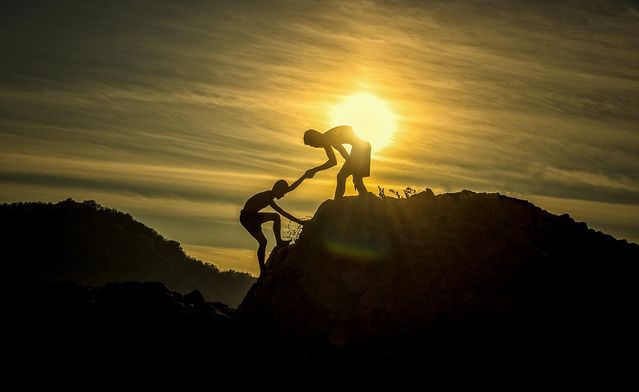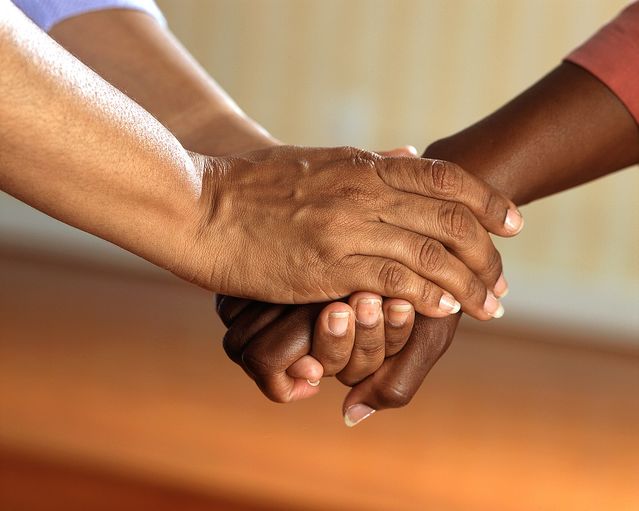
John Bunyan, author of The Pilgrim’s Progress, wrote that “you have not lived today until you have done something for someone who can never repay you.” But research shows that when we do things for others, we do get repaid. Not just through reciprocation, but as a result of the psychological benefits acts of benevolence produce in the giver.
In one study researchers asked people to either perform acts of kindness for other people for four weeks, such as allowing a stranger to share their umbrella in the rain, or to perform kind acts for themselves for four weeks, such as going shopping and buying themselves a little gift. At the start and end of the study the researchers measured the participants’ level of psychological flourishing, made up of emotional, psychological, and social well-being. By the end of the study the people who had performed kind acts for others had higher levels of psychological flourishing compared to those who acted kindly towards themselves. Benevolent acts also led to higher levels of positive emotions. In short, demonstrating altruism not only benefits others, but makes us feel better ourselves.
In another study researchers measured how happy people were in the morning and then gave them $5 or $20 which they had to spend either on themselves or others before 5 p.m. that day. Then, in the evening the researchers phoned the participants to re-assess how happy they felt. The results showed that participants who had spent the money on other people by buying them a little gift or making a donation to charity, were happier than those who used the money to pay one of their own bills or buy themselves a gift. Again, generosity had a boomerang effect and benefited the “giver”.
Bigheartedness may even affect our perceptions of physical burdens. For example, researchers in China asked study participants to wait in the lobby of a university building because they hadn’t yet determined which room they’d be using for the study (This wasn’t true. Researchers are sneaky). When each participant arrived in the lobby, a female research assistant greeted them standing beside two cartons at the bottom of a flight of stairs. In one condition, the assistant pretended to have trouble carrying the cartons up the stairs, dropped one, and asked the participant if they’d be willing to help her. In the other condition, the assistant simply said that the first part of the study involved having participants carry a carton up the stairs. Afterwards, participants in both conditions were asked to estimate the weight of the carton. Incredibly, the participants who acted altruistically by helping the assistant carry the box up the stairs estimated its weight as lighter than those who simply carried the carton because they thought it was part of the study.

In fact, altruism can sometimes benefit givers even more than the receivers. In a recent study employees at company in Spain were asked to either perform acts of kindness for colleagues, or asked to simply count the number of kind acts they received from coworkers. It turned out that the people who received acts of kindness became happier, demonstrating the value of benevolence for the receiver, however those who delivered the acts of kindness not only showed a similar trend towards increased happiness, but also had an increase in life satisfaction and job satisfaction, and a decrease in depression. The givers benefited even more than the receivers did! Not only that, but the effects of altruism were contagious. The beneficiaries of the acts of kindness ended up spontaneously paying it forward and doing extra nice things for other colleagues. When we give kindness to one, we spread kindness to many.
Performing acts of charity, altruism, and benevolence has been advocated for by the world’s wisdom traditions for millennia. And although we likely benefit more when our motivations for kindness are other-oriented as opposed to self-oriented, it remains the case that when we give, we receive. And we get to live today.


